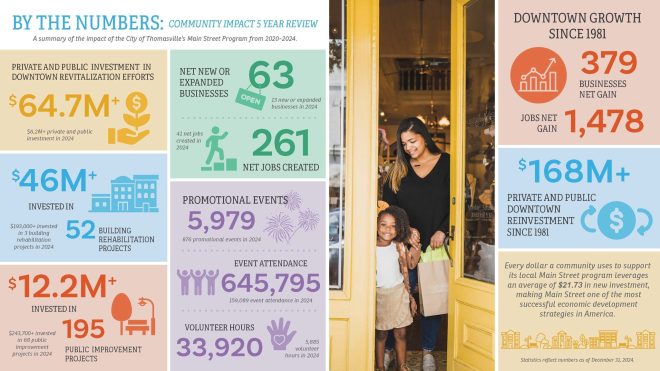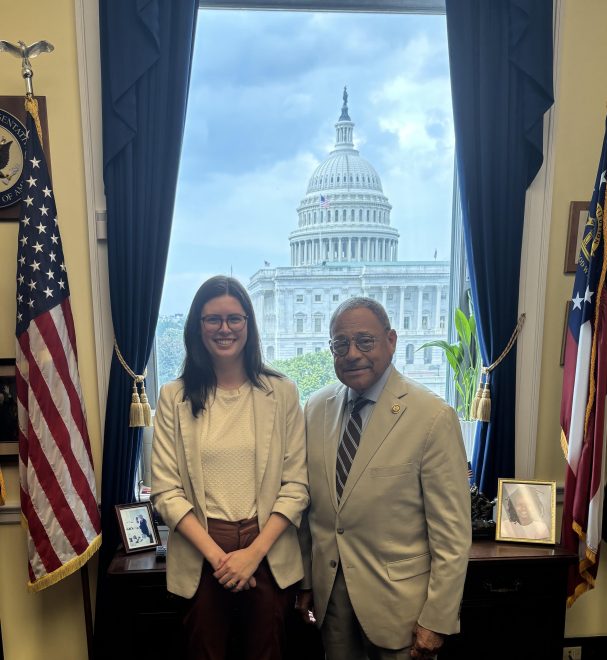Hospital tax survives despite criticism
Published 3:41 pm Tuesday, February 14, 2017
ATLANTA — A hospital tax that is a major funding source for Medicaid has been renewed, but some supporters went along reluctantly.
“I’m a ‘yes’ if we do this for one more year,” Rep. Scot Turner, R-Holly Springs, said on the floor of the Georgia House of Representatives last week.
Trending
The hospital provider fee, also known as the bed tax, was started in 2010 during what Turner described as “very dire times.” He said it came with a promise that the tax would one day be repealed. He urged his colleagues to work toward that goal.
The tax on hospital profits is a major source of funding for the insurance program for the poor, generating about $311 million. That money is matched with another $600 million from the federal government.
The tax is a critical funding source for the state’s fragile rural hospitals, which get back from the program far more than they pay in taxes.
The House voted to renew the tax for another three years Friday, about a week after the Senate first approved it. It now goes onto Gov. Nathan Deal, who praised lawmakers for quickly acting on the bill.
Rep. Sam Watson, R-Moultrie, who chairs the rural caucus, said rural lawmakers will fight any efforts to end the tax unless someone puts forward a plan to replace that $900 million.
“We don’t have any other options,” he said.
Trending
***
Lawmakers shrink rural jobs bill
Legislators have scaled back a plan meant to spark renewed interest in small downtowns.
A bill sponsored by Rep. Penny Houston, R-Nashville, would award tax credits to businesses that buy and rehabilitate buildings in struggling rural downtowns, but only after two people are hired.
“I grew up in a rural area in Georgia, and I have seen over the years the disappearance of towns all over south Georgia and, in fact, some places in north Georgia,” Houston told lawmakers this week.
She called it the “vanishing of rural Georgia.”
“Our goal is to bring back life to rural downtown and draw back people into the heart of the community,” she said.
The program would only be available in towns with less than 15,000 people who can prove “economic distress.”
Lawmakers reduced the tax break for buying a building amid concerns that the original offer — a 50 percent tax credit on purchases up to $125,000 — was too generous to developers.
That’s been bumped down to 25 percent.
Businesses can also receive a 50 percent break on the cost of fixing up the buildings up to $75,000. A $2,000 tax credit will also be given per job.
The House Ways and Means Committee approved the bill last week, sending it to the Rules Committee.
Jill Nolin covers the Georgia Statehouse for CNHI’s newspapers and websites. Reach her at jnolin@cnhi.com.





